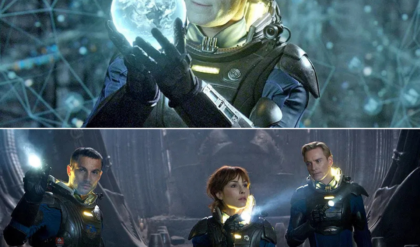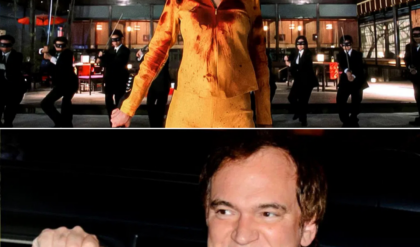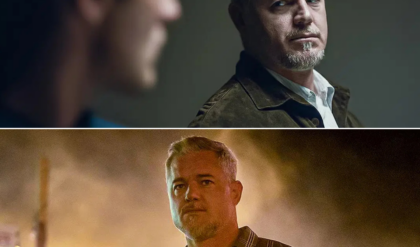Jodie Foster, a name synonymous with versatility and captivating performances, has carved an indelible mark on Hollywood’s landscape over decades. As we reflect on her extensive and acclaimed body of work, the question arises: which of her iconic roles truly defines her influential trajectory in the film industry?
From her precocious turn as Iris in Taxi Driver to her determined portrayal of FBI trainee Clarice Starling in The Silence of the Lambs, Foster has consistently delivered performances that resonate deeply. Each role has added a unique layer to her enduring legacy, prompting ongoing discussions about which cinematic milestone stands as the cornerstone of her illustrious career.
While many are familiar with the brilliance of Foster’s on-screen achievements, there exist intriguing, lesser-known facets and anecdotes that further illuminate the depth of her persona. Her journey, beginning with her early forays into acting as a child prodigy, extends beyond the silver screen, encompassing her accomplished directorial pursuits and intellectual curiosity.
Born Alicia Christian Foster in Los Angeles, her entry into the world of acting at a tender age set the stage for a remarkable evolution from child star to iconic figure. Earning an Academy Award nomination at just 14 for her role in Taxi Driver, Foster’s early recognition foreshadowed a career defined by versatility and a refusal to be confined by conventional expectations.
In a surprising turn that defied Hollywood norms, Foster pursued a degree in literature from Yale University, showcasing a commitment to intellectual pursuits that often elude the glitzy confines of Tinseltown. This dichotomy between the cerebral and the glamorous has been a recurring theme throughout her life and career, adding another layer to her multifaceted artistry.
Beyond her acclaimed acting, Foster has also made her mark as a director, masterfully weaving narratives that reflect her nuanced understanding of the human condition. Her directorial debut, Little Man Tate, revealed a keen insight into the complexities of intellect and emotion, a theme that would resurface in subsequent projects such as Home for the Holidays and Money Monster.
Foster’s triumphs, however, were not without challenges. Navigating an industry often fraught with stereotypes and gender biases, she addressed these issues with tenacity, most notably in her powerful acceptance speech at the Golden Globes for the Cecil B. DeMille Award, underscoring her commitment to dismantling barriers and championing inclusivity in Hollywood.
Remarkably, Foster has maintained a private personal life, shielding her loved ones from relentless public scrutiny. This ability to cultivate a sanctuary amidst the often chaotic world of fame is a testament to her resilience and determination.
Reflecting on Jodie Foster’s journey, it becomes clear that her impact extends far beyond the screen. She is not merely an actress but a trailblazer who has defied expectations and shattered glass ceilings, leaving an indomitable legacy. Her ability to seamlessly navigate the dual realms of intellect and entertainment underscores the multifaceted nature of her talent and her enduring influence on cinema.
In a world that often demands conformity, Jodie Foster remains an unyielding force, a beacon of authenticity in an industry that thrives on illusion. Her journey is a testament to the enduring power of talent, resilience, and the unwavering pursuit of one’s passion, solidifying her status as a true cinematic luminary.





